MIR JAFAR SHOULD BE PUT ON A HIGH PEDESTAL BY US BENGALEES
A strange thought, surely inspired by the trendy ideas such as ‘alternative history’ and ‘thinking outside the box’, has been bouncing across my mind for some time. I have started wondering if Mir Jafar should not be put on a very high pedestal by us Bengalees. Yes, I mean the same Mir Jafar, who lives in our memories as the Traitor Extradonaire – the man, who we learn engendered the defeat of Nawab Siraj-ud-Daula by the British forces under Lord Clive in the Battle of Plassey in 1757. What makes him so great in my mind, one may ask, and justifiably so. No, it is not for his treachery in the Battle of Plassey that I desire for him a place of such high esteem. Treachery does not find any favor in my humble mind. But then, what do I find so great in the man in my estimation?
Here I offer up my train of thought – convoluted, I am sure, it will appear to most. I will begin by stating the obvious: we Bengalees are extremely proud of our heritage, which is a big part of our mental make-up. Kolkata, we all proclaim proudly, was once a grand city – we were told it was the second city in the British Empire after London. We remind ourselves (and others) of our once dominant presence all over India in the government services, in educational institutions and in the professions like medicine and law. We never tire to showcase the pioneers in every field (all Bengalees): reformers like Rammohan and Vidyasagar, litterateurs like Bankimchandra and Rabindranath; religious giants like Ramakrishna and Vivekananda; freedom fighters and statesmen like Chittaranjan Das and Netaji; scientists like Jagadish Bose; artists like Nandalal Bose and Abanindranath; and even the pioneers in the film industry like Hiralal Sen and Pramathesh Barua and that the pioneering New Theaters studio was located in Kolkata (and prominently featured one Prithviraj Kapoor). We bring up the Bengali Renaissance, which occurred sometime in the nineteenth century. To many, it was comparable and with good reason to the Renaissance in Europe. To many of us, all these are but reflections of our superior ‘intelligence’, and our self-presumed superiority over other Indians and beyond.
Now where does our friend Mir Jafar come into all this? Well, here is my ‘convoluted’ logic. If one observes carefully, essentially all the Bengali ‘greatness’ described above clearly showed up with our contact with the British and by extension, western thought. As the inimitable Nirad C. Chaudhuri has noted so perceptively: other than Chaitanya Mahaprabhu, there has been no Bengalee with claims of significant all-India stature before the British contact with the Bengalees. The British established the schools and colleges, and exposed us to a wide world, to liberal and scientific thinking, western dress and perhaps also to corruption and snobbery. Thus, we clearly got a 50-year lead in many areas over the rest of India, thanks to Mir Jafar, the Betrayer of Betrayers. Most notably, we learned the English language 50 years before the others. If Mir Jafar had remained true to the model conduct expected of him, that of being totally faithful to his master, the king, and not conspired with the Marwari Jagat Seth, Siraj-ud-Daula’s chief financier, and the Bengali nobleman, Rajballabh, who knows where history would have taken us? The British would have to wait some more time on the wings as we trudged along like the rest of India smarting on the heels of the ruins of the once mighty Mughal Empire. Maybe the British or some other European power would have gobbled us up at a later date. Or maybe it would be the Marathas, who showed all portents in that direction. Who knows! And it is not lost on me that the British win at the Battle of Plassey was the springboard to their later conquest of the rest of India and spreading out further to southeast Asia and later to Africa. And all this served us Bengalees so well. Our pioneering activities sprouted in many directions and occupied prominent places all over India – social reform, religious thought, literature, education, art and politics (W. C. Bonnerjee was the first President of the Indian National Congress). We were able to establish our hegemony all over India in the government services, education, and the professions. The effect seems to spread further afield in places like Burma, Malaysia, and Singapore. Today many of us are still given to nostalgia over the lost good old days, and constantly lamenting over it.
Today, by all accounts, we Bengalees do not stand out – we are no different from the rest of Indians. And that is probably only to be expected. We happen to have no obvious physical or other specific ethnic advantages. It was but only a mere quirk of history (Mir Jafar’s betrayal leading to the British success in the Battle of Plassey) that put us there and gave us Bengalees a period much to be proud of.


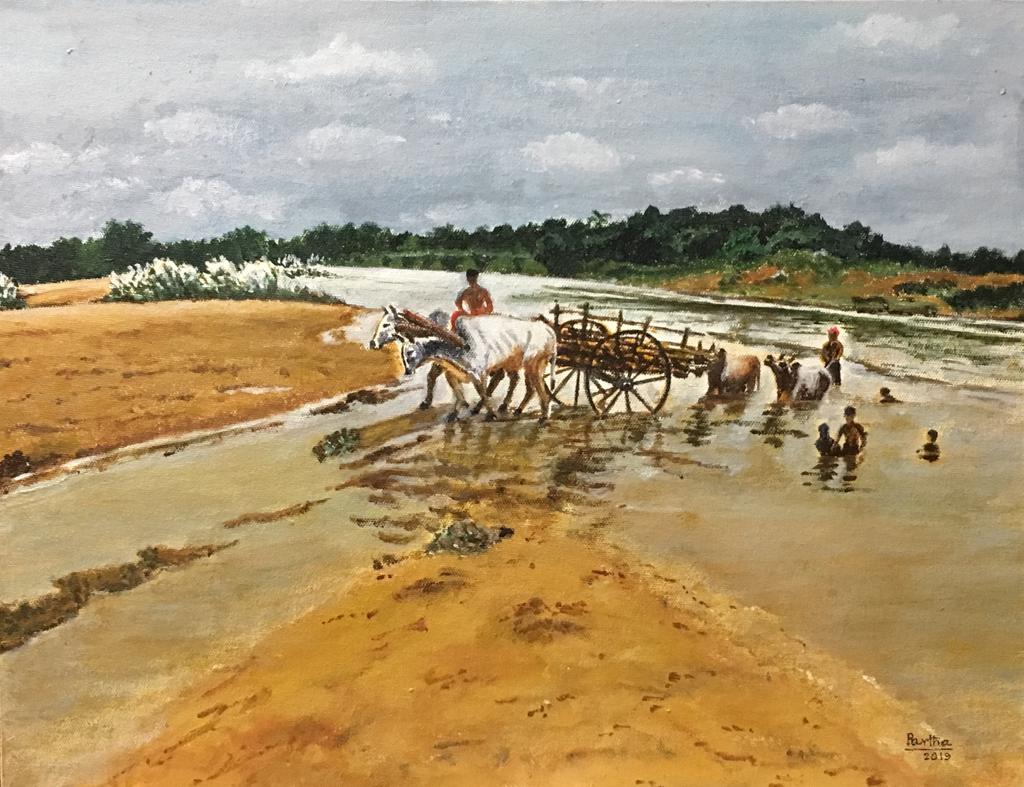
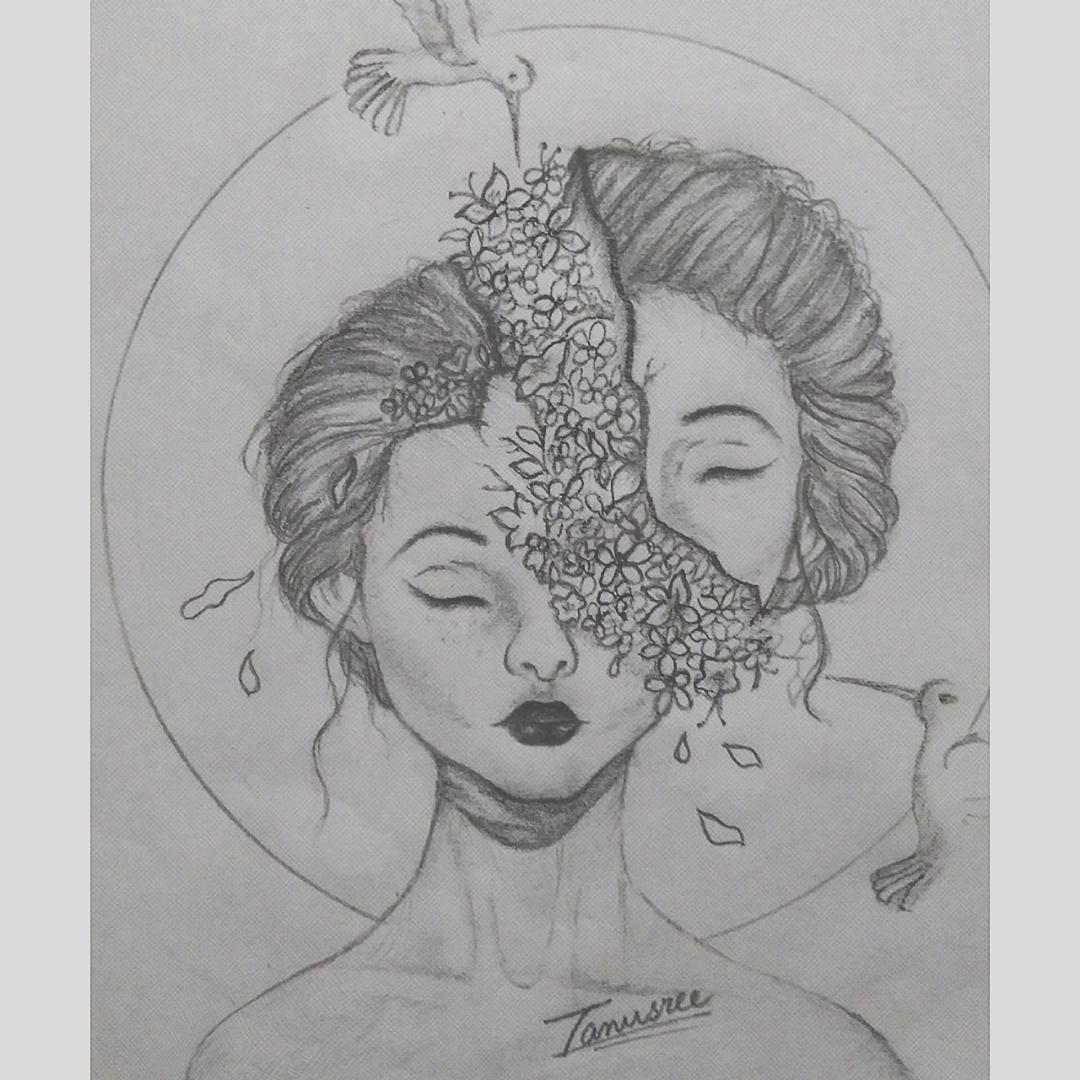
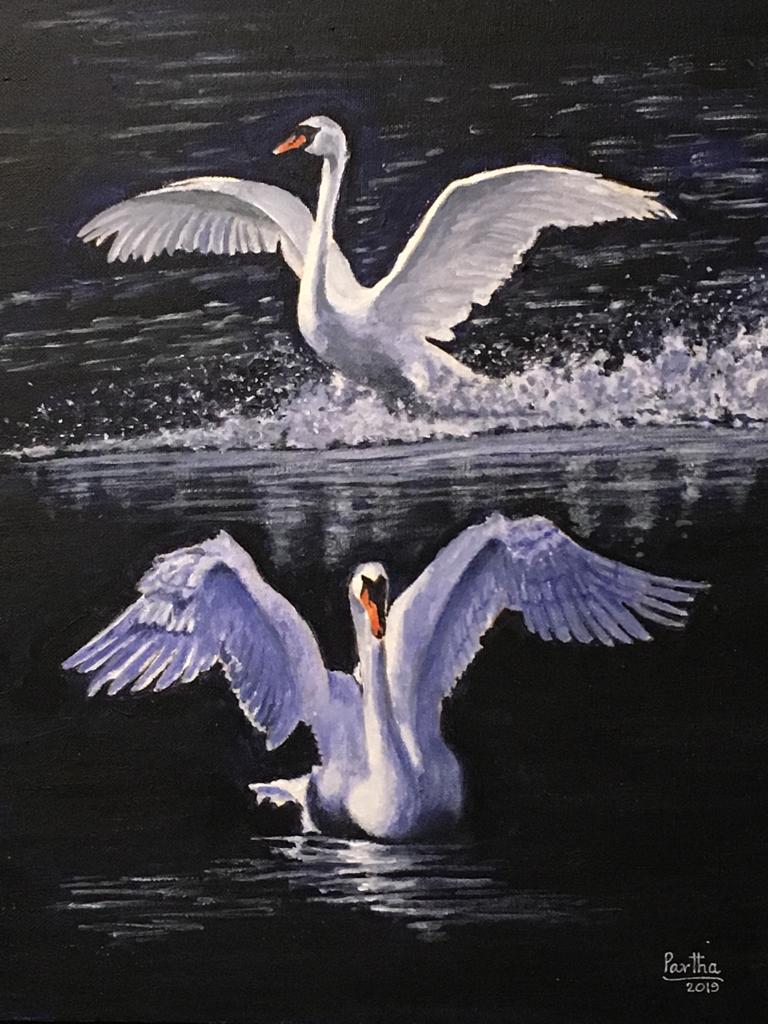
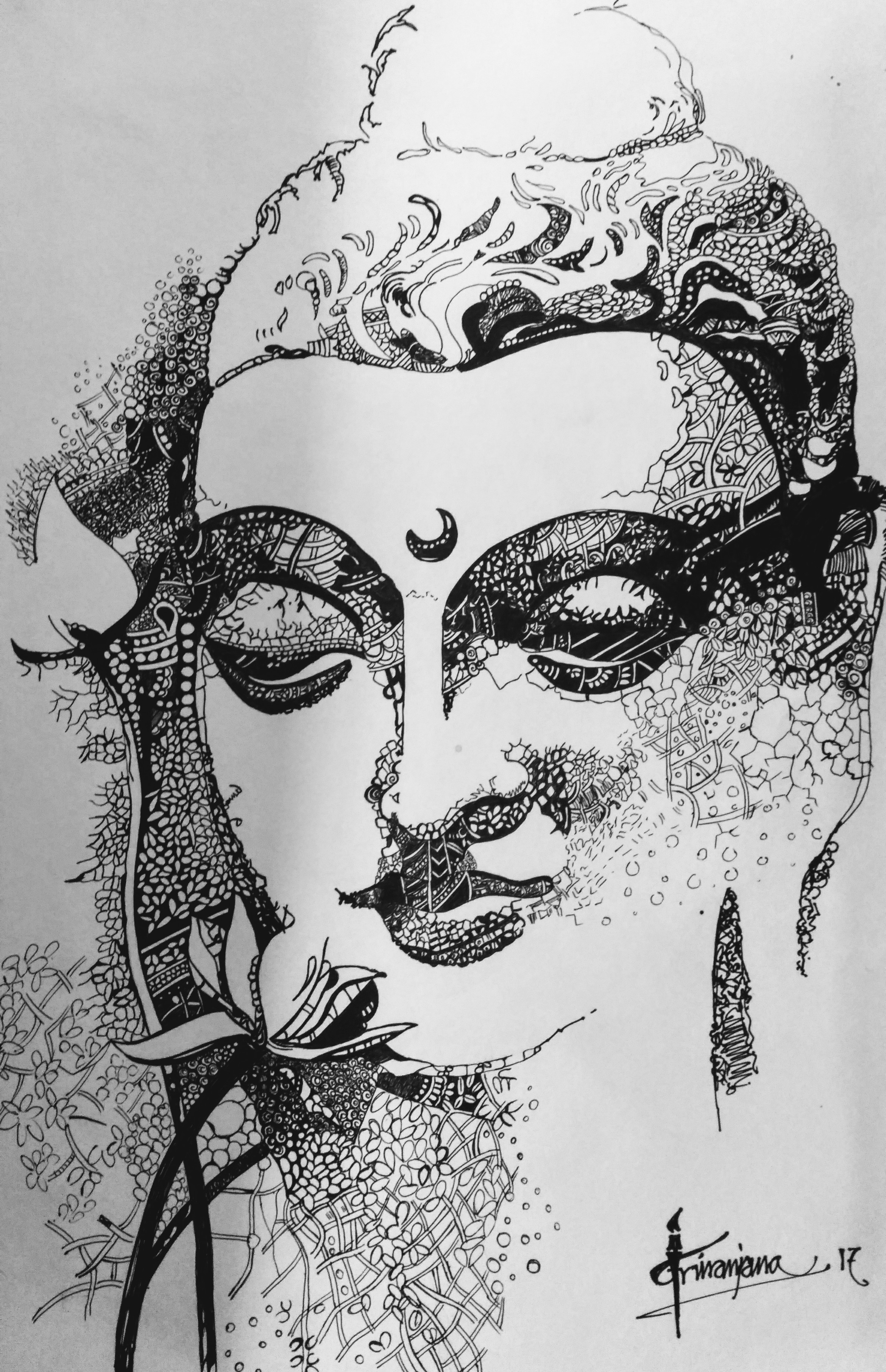


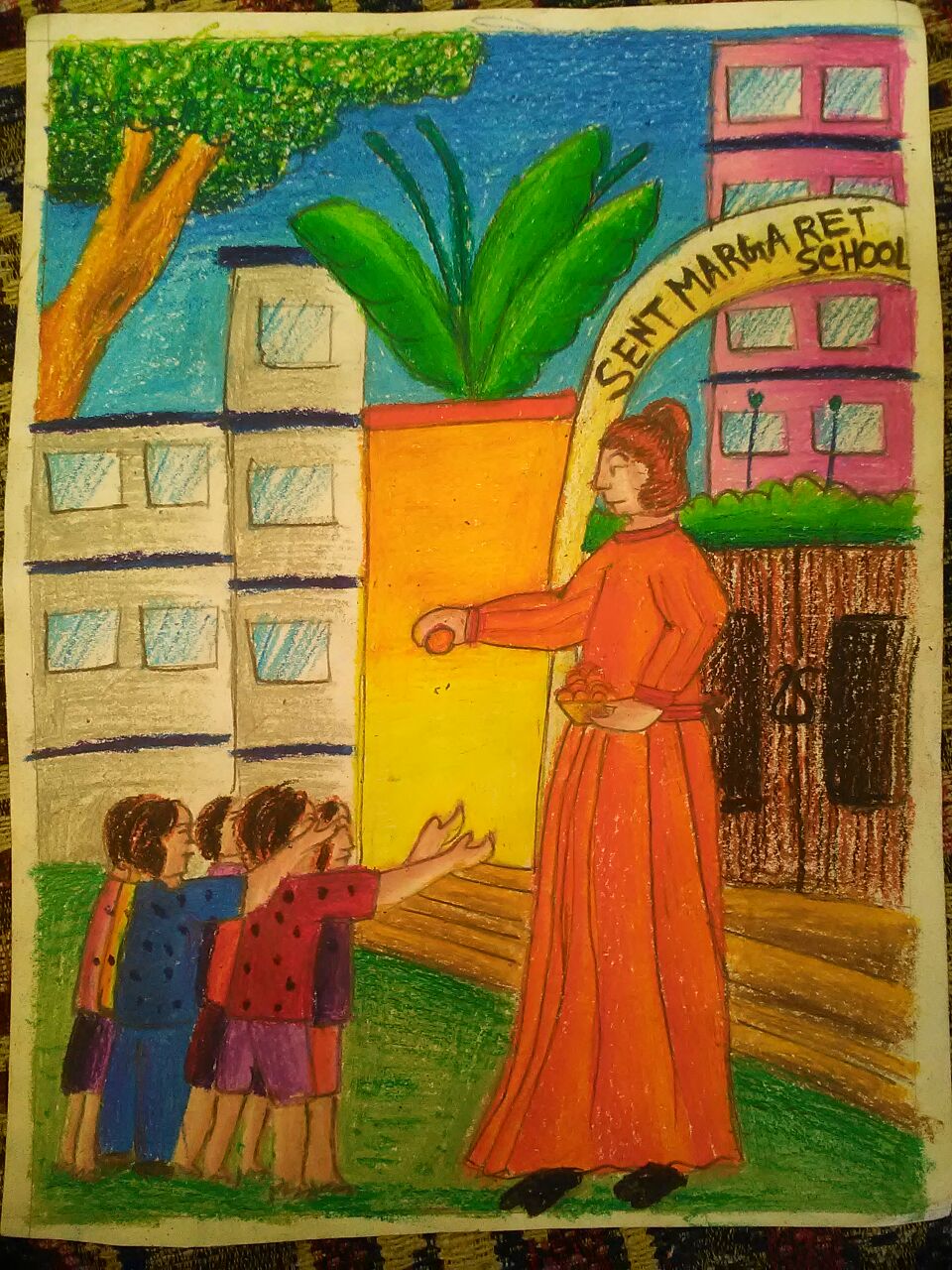

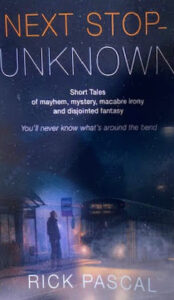

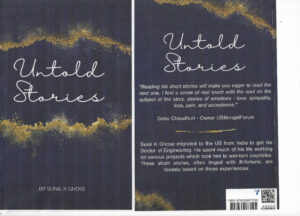

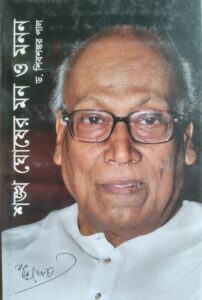

Comments »
No comments yet.
RSS feed for comments on this post. TrackBack URL
Leave a comment